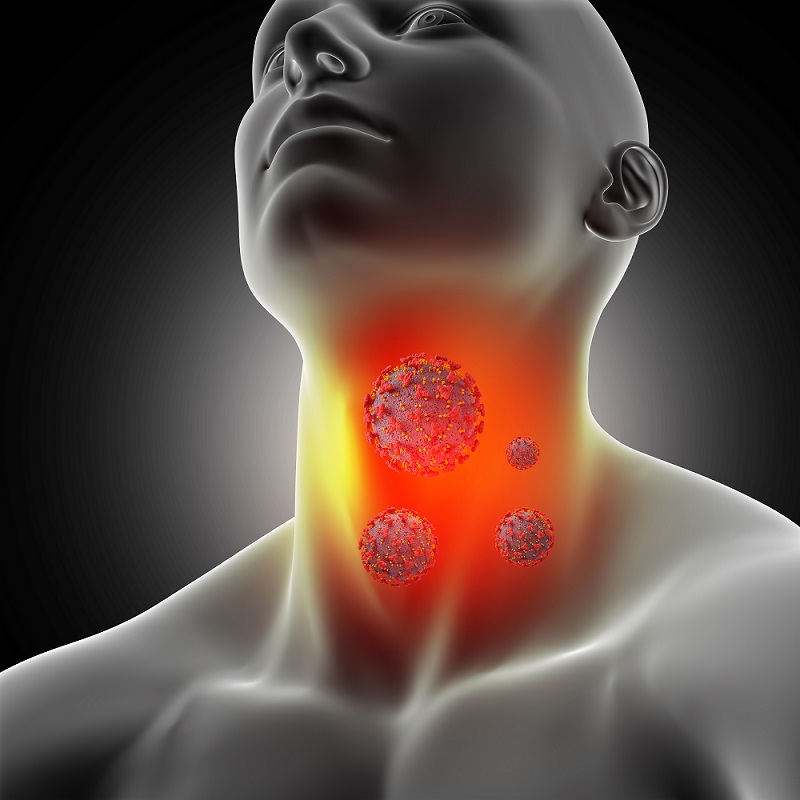Thyroid Disorder Treatment in Bhopal
What Is a Thyroid Disorder?

Meet Dr. Sailesh Kumar Bansiwal – Thyroid Specialist in Bhopal
He has also contributed to academic research on thyroid health, including thyroid dysfunction in pregnancy, and has presented his findings at major medical conferences across India. Dr. sailesh kumar Bansiwal patients appreciate his clear explanations, supportive approach, and the confidence he brings to their healing journey. If you are looking for trusted and expert-led thyroid disorder treatment in Bhopal
Signs You May Need Thyroid Disorder Treatment in Bhopal
For Hypothyroidism:
- Tiredness, fatigue
- Weight gain
- Cold intolerance
- Hair thinning
- Depression
- Irregular or heavy periods
For Hyperthyroidism:
- Heat intolerance
- Anxiety or restlessness
- Tremors
- Sweating
- Frequent bowel movements
- Rapid heartbeat or palpitations
Thyroid Disorders in Women and Children

Comprehensive Thyroid Disorder Treatment in Bhopa
1. Thyroid Function Tests
He begins with detailed blood tests to check hormone levels like TSH, T3, and T4. These help in identifying the exact issue—whether it's underactive or overactive thyroid.
2. Ultrasound and Scans
If nodules or swelling are found, an ultrasound or thyroid scan is done to understand the structure and function of the thyroid gland.
3. Fine Needle Aspiration Cytology (FNAC)
In case of nodules or suspicion of thyroid cancer, a small sample is collected for biopsy to determine if the cells are benign or malignant.
4. Medication and Hormone Therapy
Most thyroid disorders can be managed with daily medications. Dr. Bansiwal carefully selects the right dose and monitors your progress through regular follow-ups.
5. Radioactive Iodine Therapy
For certain cases of hyperthyroidism or thyroid cancer, this treatment is considered to destroy overactive or cancerous thyroid cells.
6. Surgical Referrals
If surgery is required (e.g., for large goiters or cancer), Dr. Bansiwal coordinates with top thyroid surgeons in Bhopal to ensure you receive expert care.
FAQs – Thyroid Disorder Treatment in Bhopal
Many thyroid disorders, like hypothyroidism, require lifelong treatment. However, with proper care, most people lead normal, healthy lives.
Once diagnosed, levels should be checked every 6–12 weeks until stable, then every 6–12 months.
No, the majority of thyroid nodules are benign. But a thorough checkup is important to rule out cancer.



